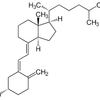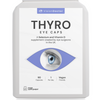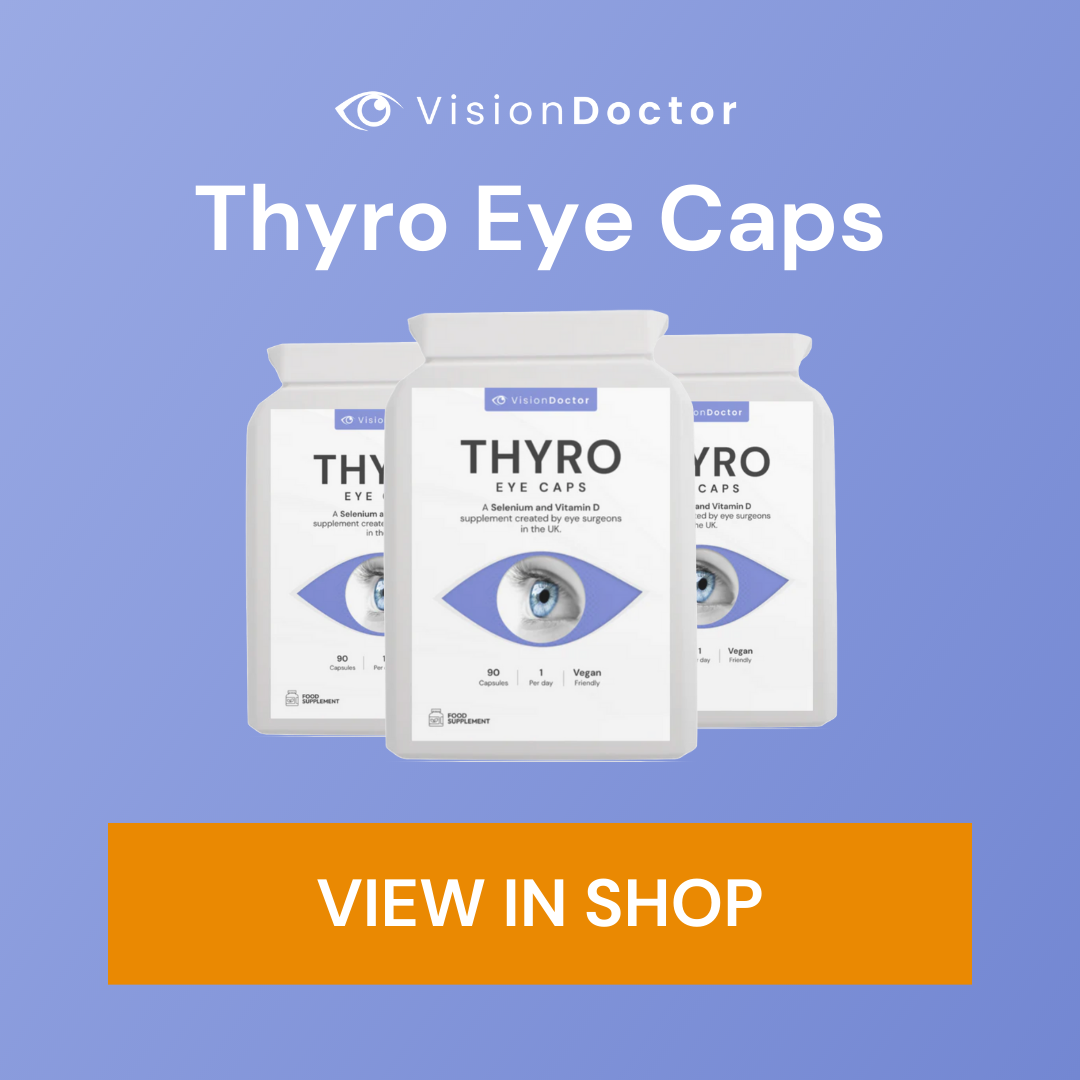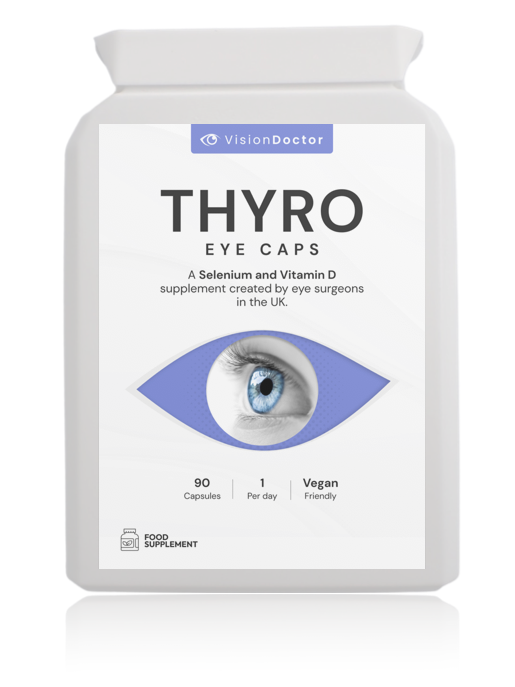Graves' Disease: Overview, Causes & Treatment

Introduction
Graves' disease is an autoimmune disorder that affects the thyroid gland, leading to excessive production of thyroid hormones. This condition, characterized by hyperthyroidism, can cause a range of symptoms and complications.
While medical intervention is crucial, certain supplements may complement the treatment approach. In this blog post, we will delve into the causes of Graves' disease and explore some supplements that can support its management.
Causes of Graves' Disease
The precise cause of Graves' disease remains unclear, but a combination of genetic, environmental, and immunological factors is believed to contribute to its development.
Here are some key factors associated with this condition:
-
Genetic Predisposition: People with a family history of Graves' disease or other autoimmune disorders have a higher risk of developing the condition.
-
Autoimmune Dysfunction: Graves' disease occurs when the immune system mistakenly targets the thyroid gland, leading to the overproduction of thyroid hormones.
-
Environmental Triggers: Certain factors, such as stress, infections, or smoking, have been suggested to trigger or exacerbate Graves' disease in susceptible individuals.
Supplements for Graves' Disease Treatment
Supplements cannot replace medical treatment for Graves' disease but may provide supportive benefits.
It's important to consult with a healthcare professional before incorporating any supplements into your regimen.
Here are some supplements that are commonly considered in the management of Graves' disease:
-
Selenium: Selenium is an essential mineral with antioxidant properties. It plays a crucial role in thyroid function and immune regulation. Some studies have suggested that selenium supplementation may help reduce the severity of Graves' disease and improve the symptoms. However, the optimal dosage should be determined by a healthcare provider.
-
Vitamin D: Vitamin D deficiency has been associated with autoimmune disorders, including Graves' disease. Maintaining adequate vitamin D levels may help support immune function. Consult with your healthcare provider to assess your vitamin D levels and determine if supplementation is necessary.
-
Omega-3 Fatty Acids: Omega-3 fatty acids, commonly found in fish oil supplements, possess anti-inflammatory properties. They may help modulate the immune response and potentially alleviate symptoms associated with Graves' disease. However, further research is needed to establish the specific benefits in this context.
-
L-Carnitine: L-Carnitine is an amino acid that plays a role in energy metabolism. Some studies suggest that L-Carnitine supplementation may help alleviate symptoms of hyperthyroidism, such as muscle weakness and fatigue. However, more research is needed to validate these findings.
Conclusion
Graves' disease is a complex autoimmune disorder that requires medical attention and careful management.
While supplements may have potential benefits, they should be used in conjunction with medical treatment and under the guidance of a healthcare professional.
Remember to consult with your healthcare provider to determine the suitability, dosage, and potential interactions of any supplements before incorporating them into your treatment plan.
A comprehensive approach that combines medical care, lifestyle modifications, and appropriate supplements can help individuals effectively manage Graves' disease and improve their overall well-being.
Recommended: Thyro Eye Caps
Are you looking for a dietary supplement for Graves' disease which can be taken daily?
Created by some of the UK's most trusted eye surgeons, Thyro Eye Caps are a one-of-a-kind formula that combine science with nature in order to provide a complete supplement specifically for optimal vision and thyroid function.
Thyro Eye Caps are brought to you by Vision Doctor, and were designed and developed by British eye surgeons, Saul Rajak (BMedSci BMBS(Hons) FRCOphth PhD) and Huw Oliphant (BSc, MBBCh, FRCOphth).
- Posted in graves disease






